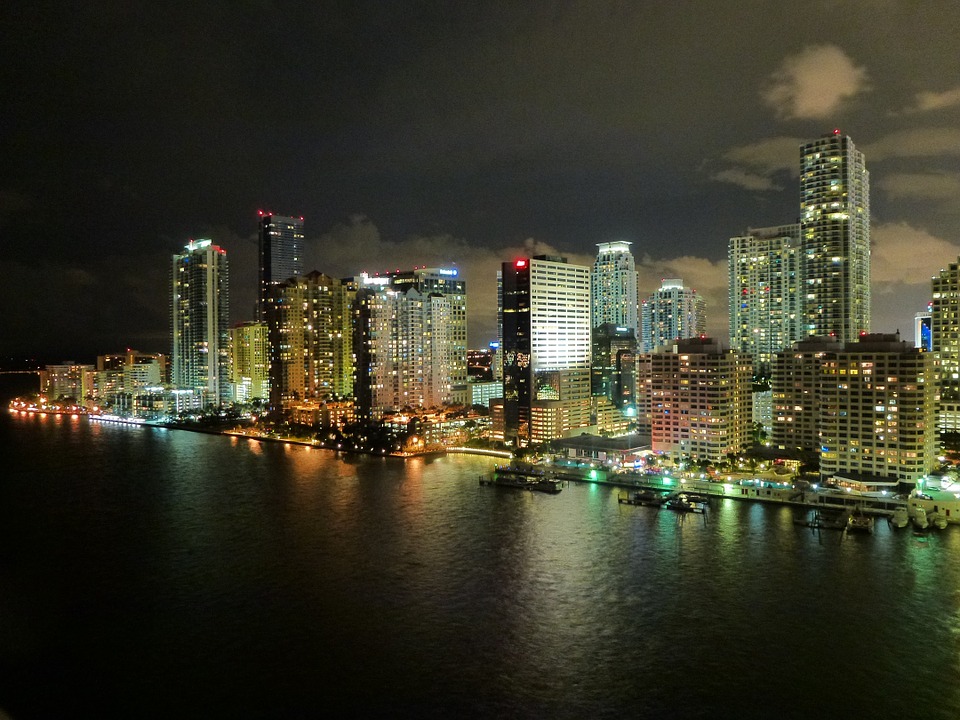Coffee consumption has a special resilience. It has not increased much in recent years, but shelf-stable and popular, it did not decrease during the pandemic either. “While consumption has dropped due to the closures of restaurants and cafés, at-home consumption and retail purchases have increased,” said Fernando Serpa, Vice President of Global Sourcing Latin America and Fresh, at Walmart.
Shopper behavior during the crisis increased online sales and reduced the number of trips to stores. This had an effect on coffee demand. “Consumers started buying more coffee in each visit: 48-oz canister rather than 24-oz and 48 or 96-count K-cups, rather than the smaller counts,” he said.
In yet another well-documented change induced by the crisis, shoppers now are more likely to try new categories. “Sales have increased well above average for single-serve, roast and ground and even soluble, the latter driven by new uses at home. Have you tried making the popular Dalgona?” Serpa remarked, referring to the Korean-style coffee.
The shift to a higher, more permanent level of at-home consumption has also been detected in the non-agricultural side of the business. “We have seen a spike in the sale of coffee machines, which drive more coffee sales”.
It could be argued that Walmart recorded this stable coffee consumption – around its $4 billion-plus a year -, based on its famous “everyday low-price” strategy. This because unemployment and uncertainty also made consumers more price sensitive.
Recently, the retail giant ran a full overhaul of how it managed the coffee category, especially its private brand. “We significantly improved quality, adjusted specs, redesigned packaging and adjusted our shelf space,” Serpa explained.
The mix of food consumption quickly returning to stability after the stimulus checks reached affected households in the United States and Europe, the increase of digital engagement, the development of new consuming occasions and having the tools to enlarge physical and digital shelf space, in the end, kept the coffee-consumption curve for Walmart on the positive quadrant.
Rearranging of demand has been common in many consuming countries. In Japan, for instance, per the Specialty Coffee Association of Japan, the 90% fall in out-of-home coffee consumption was compensated by at-home consumption. Sales of roast and ground coffee in retailers and e-commerce rose by 30% to 50%.
At the other end
At the farm level, on the contrary, coffee-growers were hit hard by the pandemic. World prices fell 7% between March and June. Per the International Coffee Organization, the price received by grower countries in June, 99-cents per pound, was lower than the ten-year, 2009-2019 average.
Walmart and The Walmart Foundation have a plan to aid coffee farmers. It was not engineered to deal with the recent effect of the pandemic, but it was slowly put in place since 2016. In that year, Walmart committed to sustainably source 20 agricultural commodities by 2025. Coffee was one of those.
Then, in 2017, Walmart joined The Sustainable Coffee Challenge. “We lead on sustainability directly by sourcing all our Walmart U.S. private brand coffee with certification, a goal we achieved ahead of schedule”.
Walmart is also working on traceability through blockchain technology.
Sustainability is a relevant driver of consumption. “Our renewed private brand coffee category has been delivering strong growth for two years in a row,” Fernando Serpa mentioned as an example of customers’ response to the strategy.
In the same direction, the Walmart Foundation placed funds on NGO Technoserve. Their aim is to train 5,000 smallholders in Nicaragua and Guatemala, to increase their productivity by 15% and their incomes by at least 20%.
At this point Technoserve has 2,000 active farmers in the first cohort, the other 3,000 are planned to start training in late September 2020.
Efforts such as these are important and are needed more than ever to stabilize the coffee market, by closing the gap between the 99 cents per pound perceived by the grower and the $68 per pound a coffee shop gets when it sells a small Americano at $2.25.



